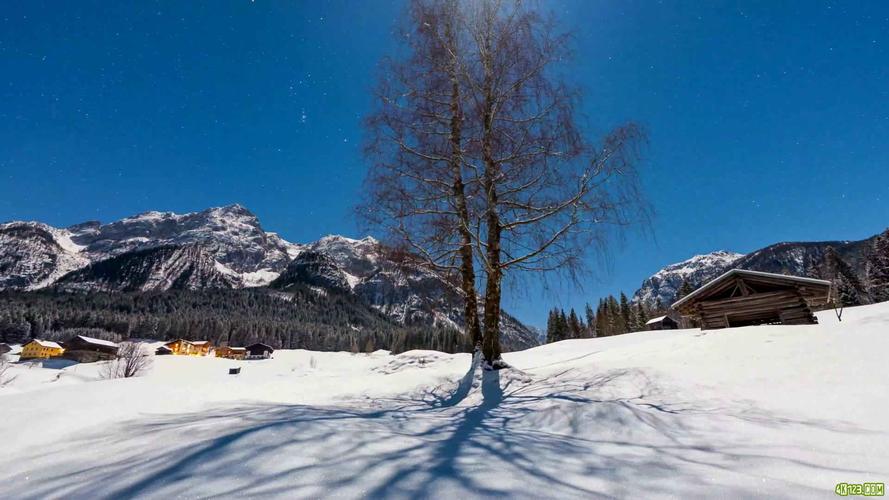Exploring the Fascinating and Unique Cultural Traditions of India
India is a land of rich cultural heritage, where diversity is celebrated and traditions are deeply rooted. From clothing to cuisine, every aspect of life in India is distinctive and unique, making it a fascinating country to explore.
Introduction
India is known for its vibrant culture, which is enriched by its history and diversity. The country’s cultural traditions are as diverse as its geography, from the Himalayas in the north to the Indian Ocean in the south. The cultural heritage of India is so vast and diverse that it is difficult to explore everything in a single write-up.
Body
One of the most significant aspects of Indian culture is its traditional clothing. India is known for its intricate and colorful costumes, which vary from region to region. The saree, a long piece of fabric draped around the body, is the most common traditional attire for women. In contrast, men wear kurtas, dhotis, and lungis, depending on their region and cultural background. The clothing reflects the culture and traditions of the people of the region and plays an essential role in the country’s social and religious ceremonies.
Religion is an integral part of the Indian way of life, and it has a profound influence on the country’s culture. Hindus, Sikhs, Muslims, Christians, and other religions live in harmony, each having its unique traditions and customs. India is home to some of the world’s most significant religious sites, such as the Kashi Vishwanath Temple, Meenakshi Temple, and Jama Masjid. These religious shrines attract devotees from all over the world.
Food is another significant aspect of Indian culture, and the unique blend of tastes and flavors is a feast for the senses. India’s cuisine is diverse and varies according to the region’s climatic conditions, local produce, and cultural influences. Spices such as turmeric, cumin, coriander, and cardamom add flavor and aroma to the dishes. Some of the most famous dishes include biryani, samosas, dosas, chaats, and curries.
The performing arts are an essential part of Indian culture, and the country has a rich tradition of music, dance, and drama. Indian classical music, with its intricate melodies and rhythms, is a beautiful art form that has survived for centuries. Some of the popular classical dance forms of India include Bharatanatyam, Kathak, Kuchipudi, Manipuri, and Odissi.
Festivals are an integral part of India’s cultural life, and each state and region has its unique festival calendar. Diwali, Dussehra, Holi, and Eid are some of the most famous festivals celebrated across the country. These festivals are an excellent opportunity for people to come together, celebrate, and strengthen bonds.
Conclusion
Exploring the cultural traditions of India is an enriching experience. It is a country that celebrates diversity, and its traditions are vast and varied. From clothing to cuisine, religion to festivals, arts to architecture, India has a rich cultural heritage. Understanding and appreciating the country’s cultural traditions will help in fostering better relations between countries and communities.
In conclusion, India is a fascinating destination to explore its diverse cultural traditions and heritage, making it a unique and awe-inspiring country.
(Note: Do you have knowledge or insights to share? Unlock new opportunities and expand your reach by joining our authors team. Click Registration to join us and share your expertise with our readers.)
Speech tips:
Please note that any statements involving politics will not be approved.
